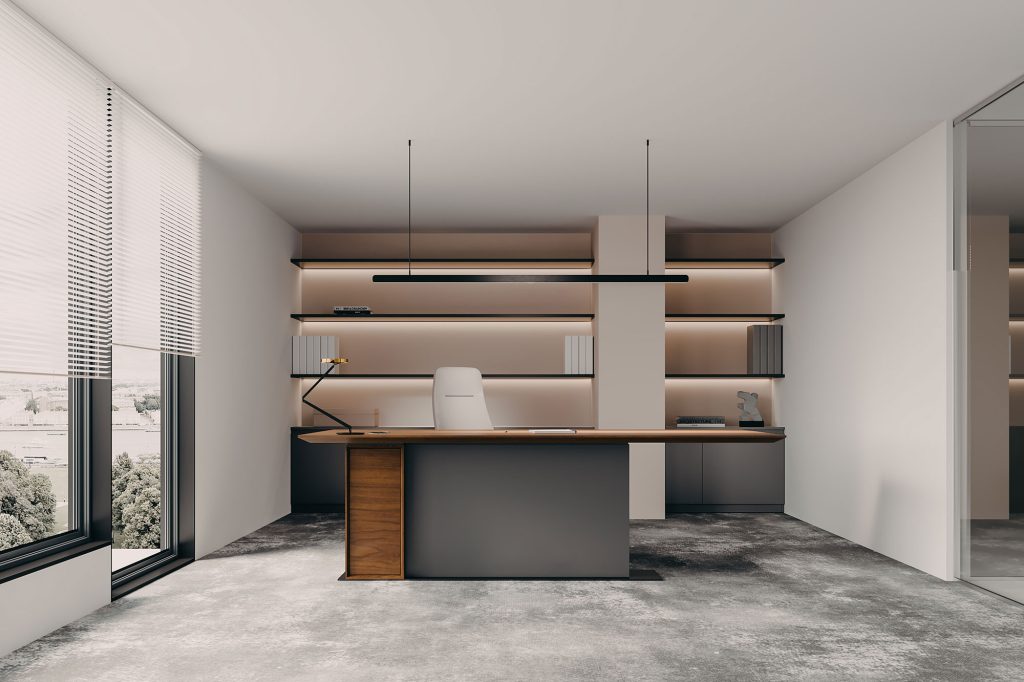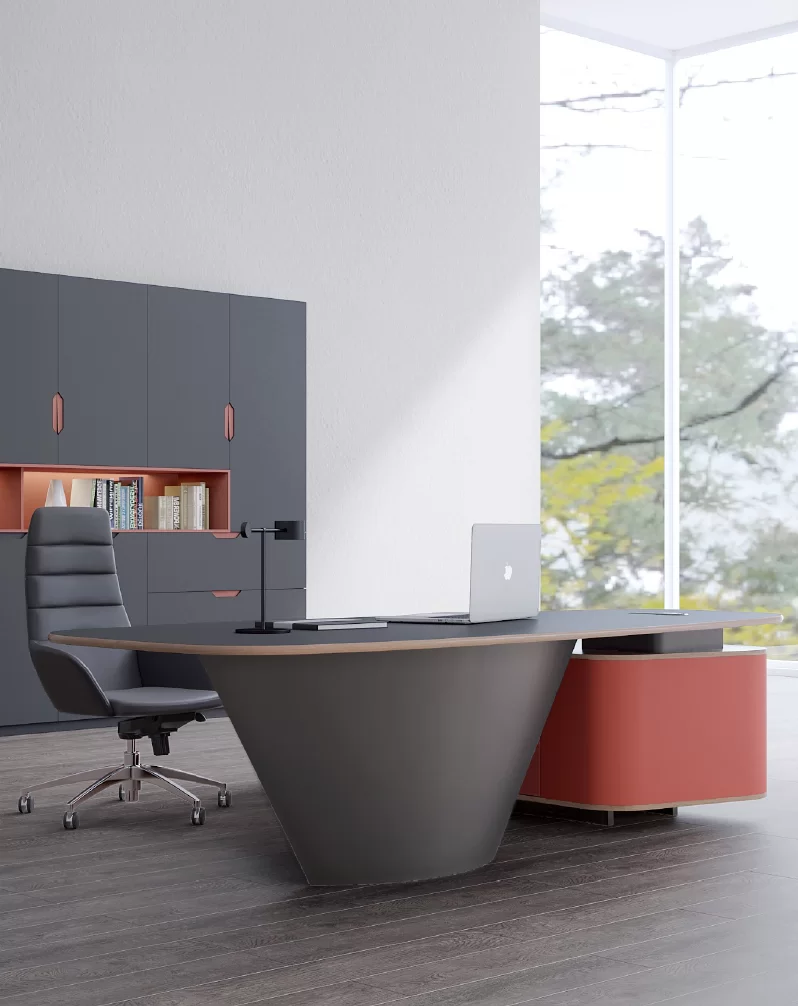
In recent years, the rise of remote work has transformed the way we approach our professional lives. While the traditional office environment has its own set of advantages, many employees now find themselves working from home or other remote locations. In this new context, the importance of office furniture in enhancing productivity and well-being cannot be overstated.
When it comes to remote work, the home office has become the new workplace. However, not all home offices are created equal. A poorly designed workspace can lead to distractions, discomfort, and ultimately, lower productivity. This is where the right choice of office furniture comes into play. A well-organized and comfortable home office can make a significant difference in how effectively remote work is conducted.
One of the most critical pieces of furniture for remote workers is the desk. A high-quality desk provides a stable and spacious surface for a computer, documents, and other essential items. It should be large enough to accommodate multiple screens if necessary, and adjustable in height to allow for both sitting and standing positions. Standing desks have become increasingly popular among remote workers, as they help to reduce the negative effects of prolonged sitting and promote better posture.
Equally important is the office chair. Long hours of work can take a toll on the body, especially if the chair does not provide adequate support. An ergonomic chair is essential for remote workers, as it can help to prevent back pain, neck strain, and other health issues. Look for a chair with adjustable lumbar support, padded armrests, and a breathable fabric to ensure comfort during extended periods of use.
Storage solutions are another key component of a productive remote workspace. A cluttered desk can be a major source of distraction and stress. Shelves, filing cabinets, and drawer organizers can help to keep important documents and supplies neatly arranged and easily accessible. This not only improves efficiency but also creates a more organized and professional atmosphere.
Lighting is often overlooked but is crucial for a productive home office. Natural light is ideal, but it may not always be sufficient, especially during darker months or in rooms without windows. A combination of ambient lighting, task lighting, and accent lighting can help to create a well-lit and inviting space. Desk lamps, floor lamps, and adjustable light fixtures can provide the necessary illumination for reading, writing, and computer work.
Finally, the aesthetic appeal of the home office should not be underestimated. A visually pleasing workspace can boost morale and motivation. Personal touches such as plants, artwork, and decorative items can make the space feel more inviting and comfortable. Additionally, choosing furniture that matches the overall decor of the home can create a seamless transition between work and personal life.
In conclusion, the right office furniture can make a significant difference in the productivity and well-being of remote workers. By investing in a high-quality desk, ergonomic chair, efficient storage solutions, proper lighting, and aesthetically pleasing decor, remote workers can create a home office that supports their professional goals and enhances their overall work experience. As remote work continues to grow in popularity, the importance of a well-designed and comfortable workspace will only become more evident.
